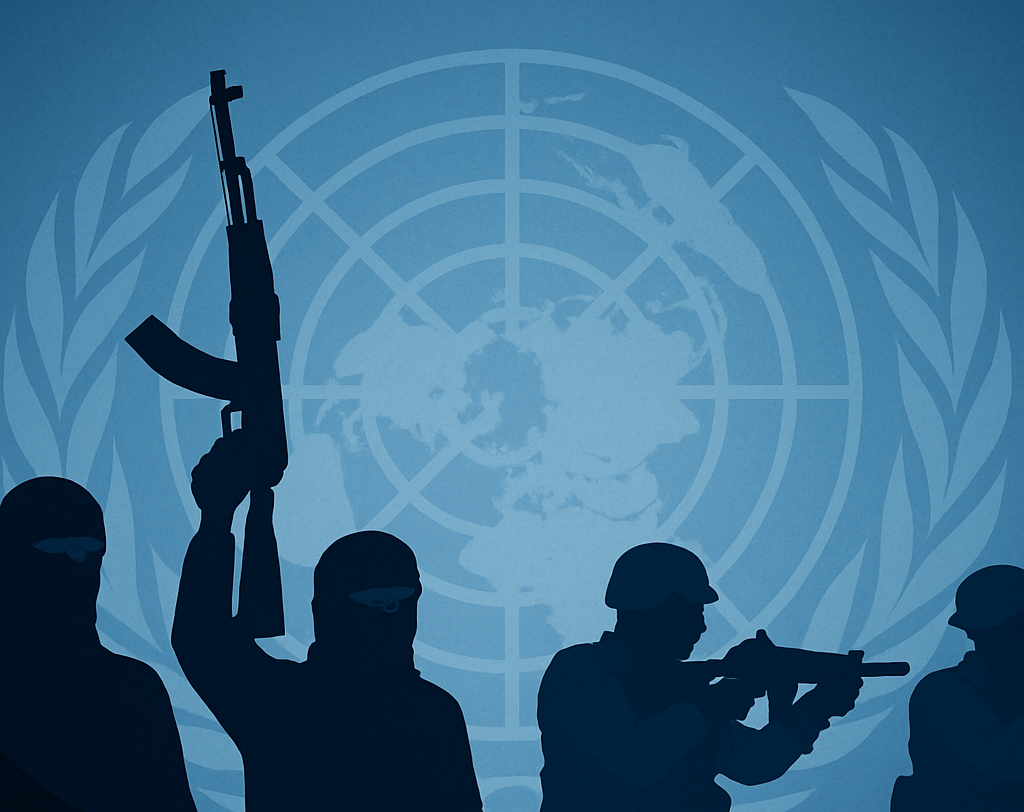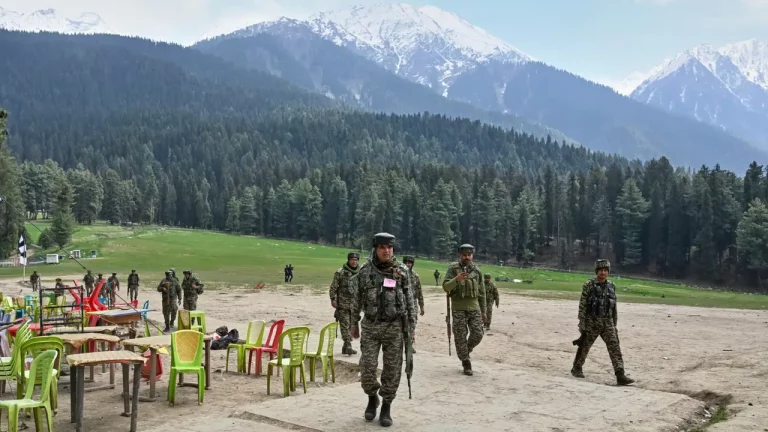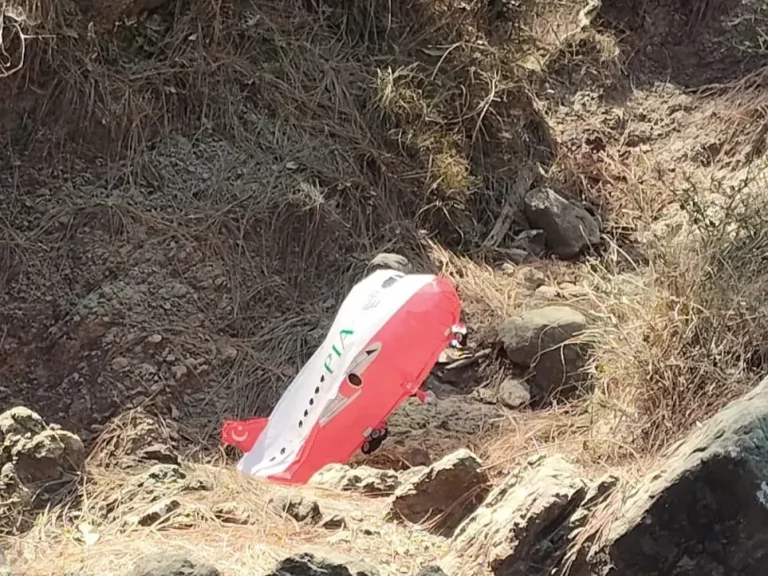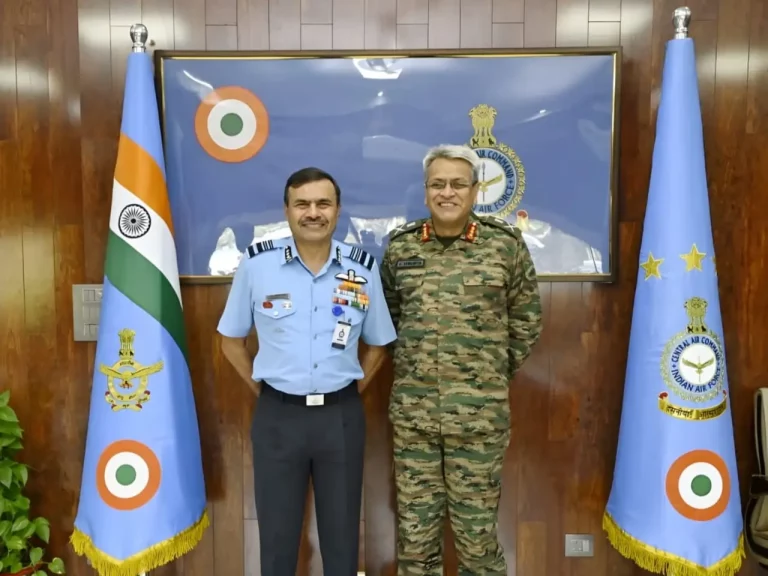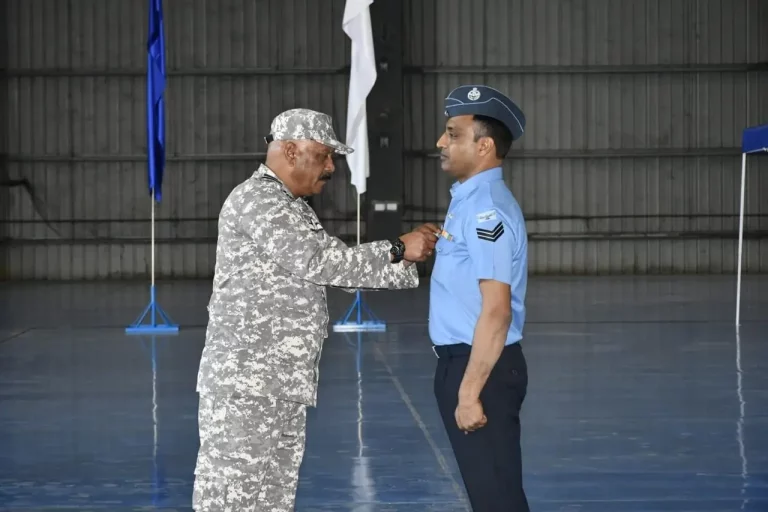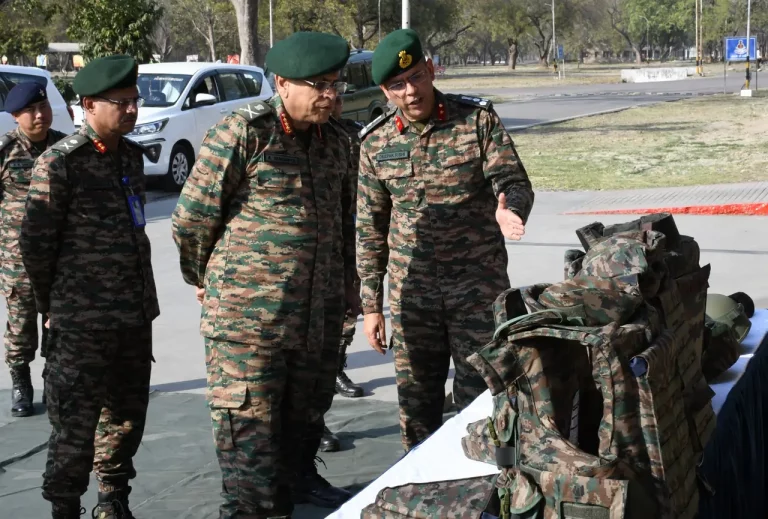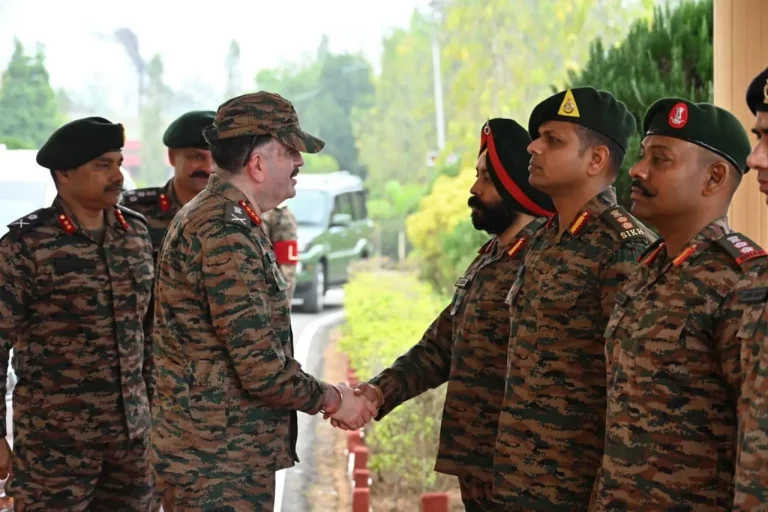In a significant diplomatic initiative, India is preparing to present new evidence at the United Nations Security Council (UNSC) next week, focusing on Pakistan’s alleged role in cross-border terrorism. This move comes in the wake of a deadly terror attack in Pahalgam, Kashmir, on April 22, resulting in the deaths of 26 individuals, including several tourists. The attack has been attributed to The Resistance Front (TRF), which India claims operates as a proxy for the Pakistan-based terror organization, Lashkar-e-Taiba (LeT).
Indian officials plan to present their case to the UNSC’s 1267 Sanctions Committee, responsible for overseeing international sanctions against individuals and entities associated with Al Qaeda, ISIS, and other terror organizations. This session represents a renewed effort by India to hold Pakistan accountable on an international stage for what it describes as terrorism sponsored by the state.
The Pahalgam attack is noted as the most lethal targeting tourists in the region since 2000, heightening tensions between the nuclear-armed nations. Intelligence reports have identified four individuals connected to the attack, including two Pakistani nationals. In contrast, Pakistan has categorically denied any involvement, asserting that TRF is merely a local forum and not a terrorist group.
Pakistan’s Foreign Minister Ishaq Dar claimed on April 30 that Islamabad, as a non-permanent member of the UNSC, successfully lobbied to remove references to TRF from a statement drafted by the U.S. condemning the attack. This diplomatic action has drawn sharp criticism from New Delhi, which perceives it as a maneuver to protect terror groups operating from Pakistani territory.
India’s diplomatic push coincides with rising concerns regarding Pakistan’s recent financial assistance from the International Monetary Fund (IMF). On May 9, the IMF sanctioned a $1 billion disbursement under the Extended Fund Facility and an additional $1.3 billion loan under the Resilience and Sustainability Facility. India abstained from the vote and expressed fears that these funds could be diverted for military expenditures and support for terror-related activities. “Fungible inflows could be misused for military and terrorist purposes,” Indian officials warned, stating that such financial aid could hinder global counter-terrorism efforts.
India has consistently faced challenges at the 1267 Committee, largely due to opposition from China, a permanent UNSC member and a close ally of Pakistan. China has previously imposed “technical holds” on various proposals aimed at listing Pakistan-based terrorists, including LeT founder Hafiz Saeed and Jaish-e-Mohammed leader Maulana Masood Azhar. Notably, Beijing blocked a U.S.-India proposal in 2008 to designate former Pakistani intelligence officials as global terrorists.
Anticipating continued support for Pakistan from China, Indian officials expect resistance during the upcoming UNSC sessions. Nonetheless, they view this meeting as a vital opportunity to highlight Pakistan’s alleged duplicity and rally international backing for greater accountability.
“The world cannot continue to look away as terror proxies exploit political and financial cover,” stated an Indian diplomatic source. “The cost of inaction will be paid not just in South Asia, but globally.”
The implications of India’s engagement at the UNSC could be significant, affecting not only its bilateral relations with Pakistan but also the overall credibility of international counter-terrorism frameworks. As global scrutiny intensifies, the focus will be on the forthcoming deliberations at the 1267 Committee and the potential repercussions of its outcomes.
